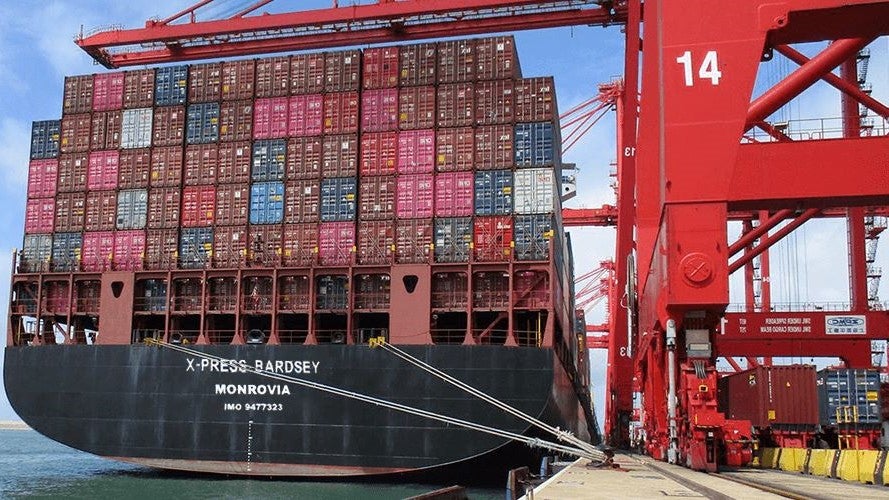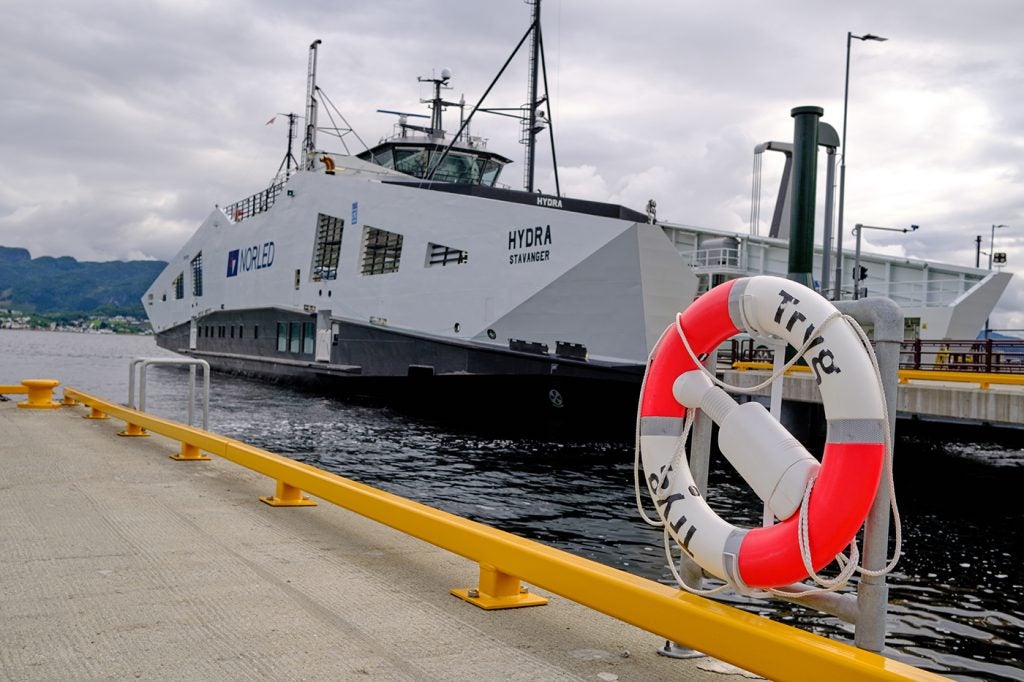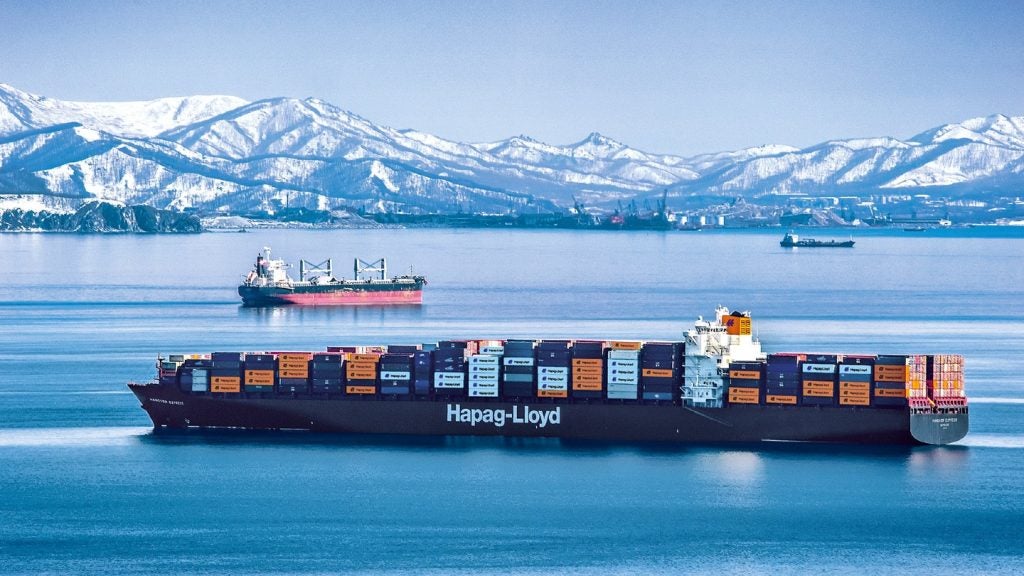
US-based green energy company Bloom Energy, in partnership with Samsung Heavy Industries (SHI), has obtained approval in principle (AiP) from DNV for the initial design of an engineless, fuel cell-powered liquefied natural gas (LNG) carrier.
SHI partnered with Bloom Energy in 2019 to design and develop vessels powered by solid oxide fuel cell (SOFC) technology.
Earlier this month, the firms received AiP from DNV for an LNG carrier that operates solely using SOFC technology.
The fuel cell-propelled LNG carrier does not require internal combustion engines. It replaces the propulsion and auxiliary engines with fuel cells operating on non-combusted natural gas.
According to the company, its SOFC technology has ‘negligible’ methane slippage and can get rid of harmful air pollutants such as nitrogen oxides (NOx), sulphur oxides (SOx) and particulate matter.
Furthermore, it can cut down carbon dioxide emissions from shipping vessels.
How well do you really know your competitors?
Access the most comprehensive Company Profiles on the market, powered by GlobalData. Save hours of research. Gain competitive edge.

Thank you!
Your download email will arrive shortly
Not ready to buy yet? Download a free sample
We are confident about the unique quality of our Company Profiles. However, we want you to make the most beneficial decision for your business, so we offer a free sample that you can download by submitting the below form
By GlobalDataIn a statement, Bloom Energy said: “As such, the new fuel cell-powered LNG carrier is expected to provide operators a more sustainable option to meet international emission reduction targets.”
Meanwhile, SHI is preparing to carry out tests at LNG demonstration centres at its shipyard in Geoje, South Korea.
Later, the company will organise extensive marketing aimed at international ship developers.
Bloom Energy engineering and marine applications senior director Suminder Singh said: “Building on the successful deployment of our fuel cells on land powering large loads, Bloom Energy Servers are well-suited to meeting the significant energy requirements of shipping vessels.
“They are also highly efficient, reduce fuel usage, and in the case of LNG carriers, create enhanced opportunities for operators to sell fuel at port.”
In addition, the company has accepted verification as an alternative power source for ships under the American Bureau of Shipping’s (ABS) New Technology Qualification (NTQ) service.
The NTQ service supports the early acceptance and efficient deployment of new technologies while representing the technologies’ risk profile and maturity.
The company aims to obtain the final ABS certification and classification next year.
In June, ABS collaborated with Robert Allan, Signet Maritime Corporation and the United States Coast Guard to create a commercial vessel, the Advanced Rotortug, using an end-to-end 3D design process.






